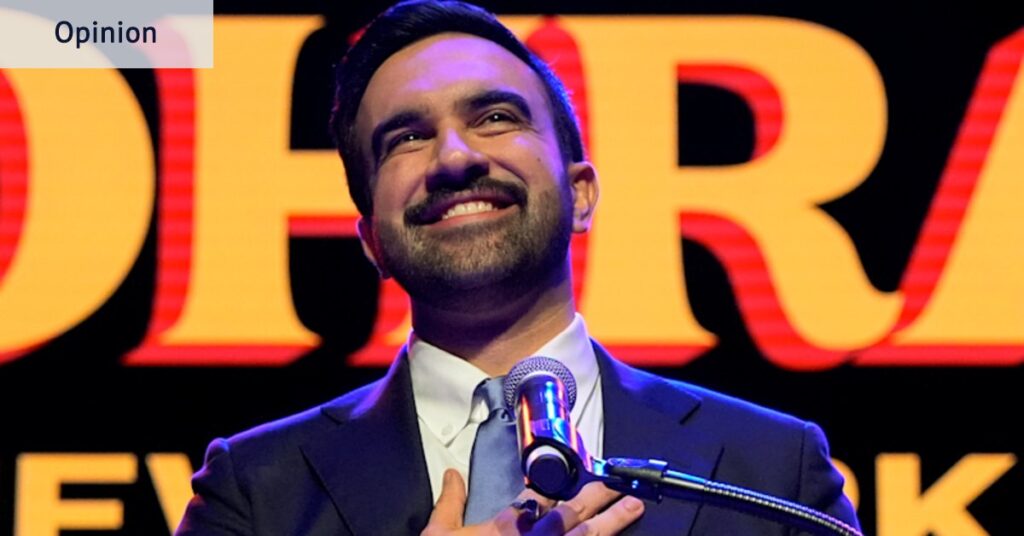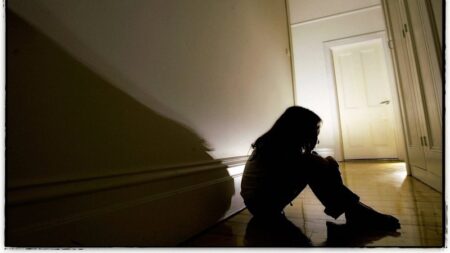For most of my life, politics has felt like something that belonged to someone else. To the well connected. To the “born to lead”. To those whose last names open doors that others have to knock on for generations.
As a woman of colour, I’ve watched politics through both pride and distance – proud of every “first,” but aware of how lonely and fragile those firsts can be.
Zohran Mamdani’s victory was about “ordinary people deciding that power could and should look like them”.Credit: AP
So when Zohran Mamdani was elected New York City’s first Muslim and South Asian mayor, and Ghazala Hashmi became Virginia’s first Muslim woman lieutenant governor, I felt something shift. Not just for representation, but for power itself.
Because their victories weren’t about elites finally letting new faces in. They were about ordinary people deciding that power could and should look like them.
Mamdani is the son of immigrants. Before politics, he was a housing organiser, a tenant advocate, a man who spent years fighting eviction notices alongside working-class families. Hashmi, an educator, spent decades in classrooms before she ever set foot in a campaign office. Neither inherited power; both built it from the ground up, sustained by the people who knew what it meant to be unseen.
Loading
Their wins are proof that politics doesn’t have to belong to the professional politician. It can – and should – belong to the teacher, the cleaner, the nurse, the housing worker, the farmer, the youth mentor, the carer. To those whose fingerprints are on the country, even if their names are not on the ballot.
When Mamdani stood before his community in Queens and declared that the people had “toppled a political dynasty”, he wasn’t just speaking about New York. He was reminding the world that democracy isn’t made in marble halls – it’s built in the streets, classrooms, and kitchens of those who live its consequences every day.
And that’s where the lesson for Australia lies.
Read the full article here

















